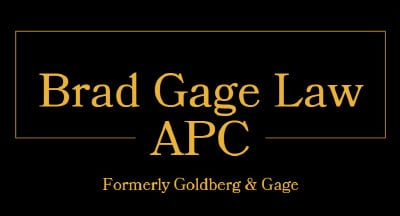The concept of a “false arrest” by a private security company may seem like a scenario from a dystopian novel, yet it’s a real issue that can have profound implications for those affected. Understanding what constitutes a false arrest in this context is crucial for protecting one’s legal rights and navigating the aftermath should such an unfortunate incident occur.
In legal terms, a false arrest – also commonly referred to as false imprisonment – occurs when an individual is held or detained against their will without legal justification. When perpetrated by a private entity, such as a security firm or a private company, unique considerations can arise when someone is not permitted to leave of their own accord, as these entities don’t possess the same arrest powers as law enforcement officials.
Key considerations when thinking about false arrests
Private companies and their security personnel sometimes overstep their bounds, mistakenly believing they have the authority to detain individuals they suspect of wrongdoing. For example, a security guard in a retail setting might detain someone they wrongly accuse of shoplifting. Such actions can quickly escalate into a false arrest if not handled properly.
False arrest by a private company is a serious violation of an individual’s rights. It can lead to legal action against the company, including claims for damages due to unlawful detention, emotional distress and/or harm to one’s reputation. The burden of proof typically lies with the victim to demonstrate that the detention was without legal basis and that it caused harm.
As standing up to a company isn’t an easy task, seeking legal guidance can significantly benefit victims of false arrest by a private entity. Similarly, those who are unsure of whether their situation will allow them to seek recourse can benefit from seeking legal guidance as well.
